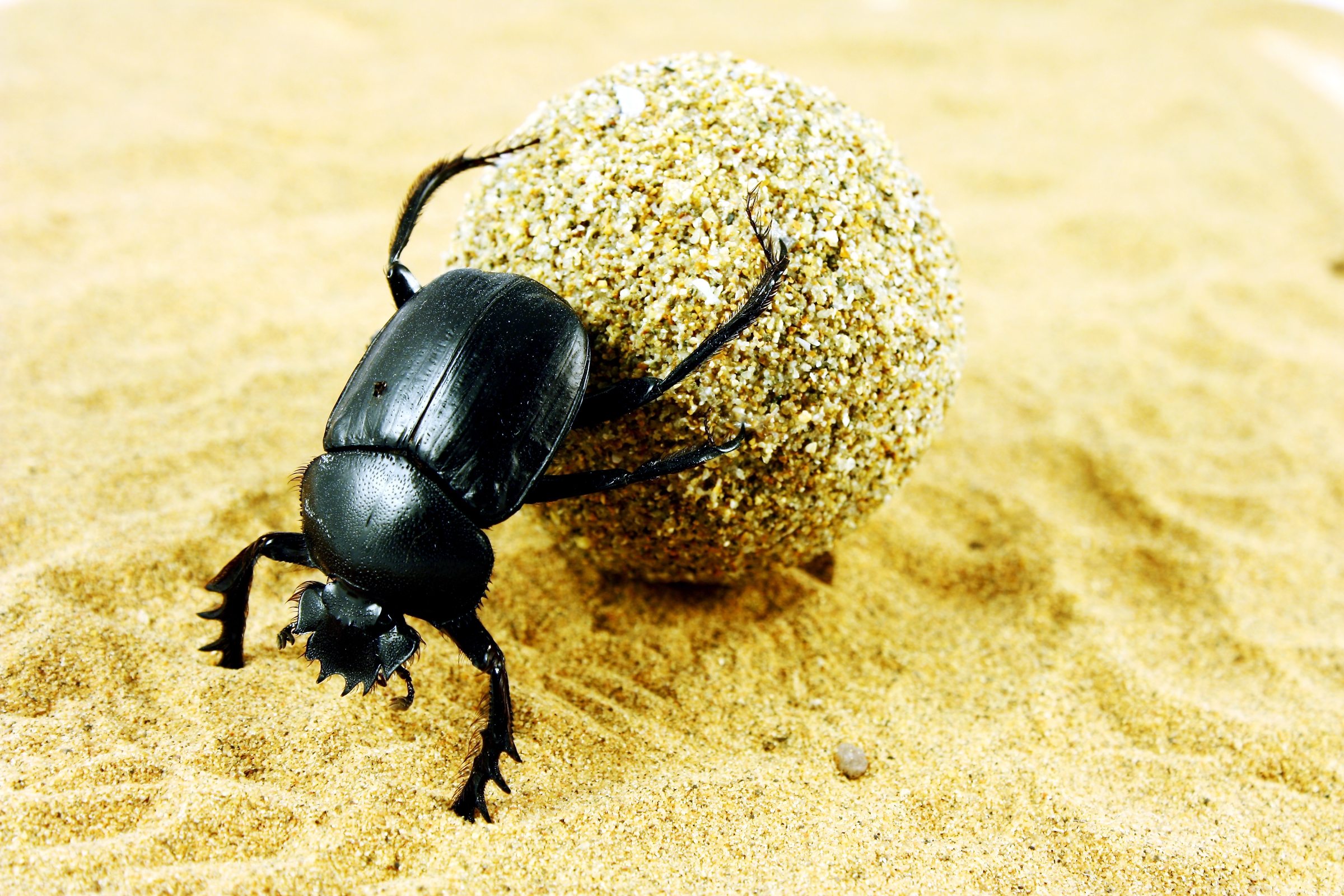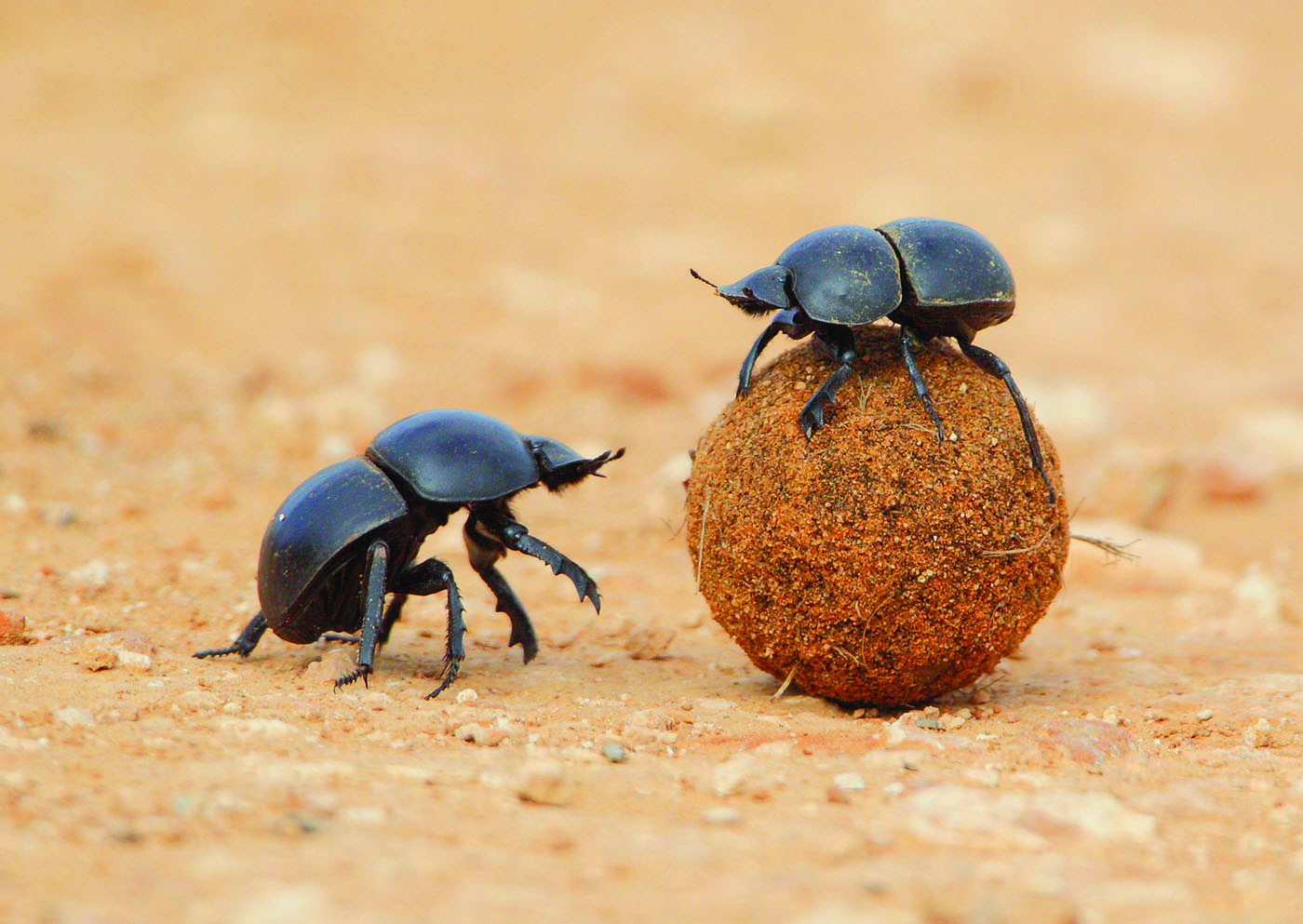Latest News on Genetic Researchers Birth “Cyclops” Beetle
Three-eyed beetles might sound like something out of the latest horror film. But scientists have found a way to create the Cyclops insects nonetheless.
On Game of Thrones, a three-eyed raven holds the secrets of the past, present and future in a vast fantasy kingdom. But for real-world biologists, a “three-eyed beetle” may offer a true glimpse into the future of studying evolutionary development.
A new experiment from Indiana University has shown how natural selection can create complex traits out of existing genetic “building blocks”, and to illustrate this, the team used a relatively simple genetic tool to grow a functional third eye on the forehead of beetles.
“Developmental biology is beautifully complex in part because there’s no single gene for an eye, a brain, a butterfly’s wing or a turtle’s shell,” said Armin P. Moczek, a professor in the IU Bloomington College of Arts and Sciences’ Department of Biology. “Instead, thousands of individual genes and dozens of developmental processes come together to enable the formation of each of these traits.”
“We’ve also learned that evolving a novel physical trait is much like building a novel structure out of Legos, by re-using and recombining ‘old’ genes and developmental processes within new contexts.
”“You can make new things over and over or in new places using the same old set of ‘bricks,‘” he said. “But in Legos, we know the rules of assembly: which pieces go together and which things don’t. In biology, we still struggle to understand the respective counterparts.”
One of the ways that scientists have sought to get a clearer view of this process is by coaxing the growth of “ectopic” organs – or organs that form on the wrong part of the body. Early work in the field has focused on the formation of fruit fly eyes in the wrong place, such as on the wing or leg. However, these experiments required activating major regulatory genes in the new location, a technique that is limited to only a few study organisms. The resulting “eyes” were also never fully functional.
Now, however, the team reports on the formation of an extra functional eye – technically, a ‘fusion’ of two sets of extra eyes – following the knockdown of a single gene, a technique widely available to scientists in most organisms.
The unexpected formation of a complex, functional eye in a novel location in the process is ‘a remarkable example of the ability of developmental systems to channel massive perturbations toward orderly and functional outcomes,’ Moczek said.
To create a fully functional eye in the center of a beetle’s head, Moczek’s team deactivated a single gene called orthodenticle, or odt, which their research has previously shown to play a role in instructing the formation of the head during development.
“This study experimentally disrupts the function of a single, major gene,” Moczek said. “And, in response to this disruption, the remainder of head development reorganizes itself to produce a highly complex trait in a new place: a compound eye in the middle of the head.”
To confirm the eye was a true extra eye, the IU team conducted multiple tests to prove the structure had the same cell types, expressed the same genes, grew proper nerve connections and elicited the same behavioral response as a normal eye.
Moczek said the findings also go beyond this application to help address fundamental questions in development, evolution and medicine. For example, understanding how complex organs organize their growth and integration into the body are central challenges medical sciences must overcome to develop artificial organs for research and transplantation.
Eduardo E. Zattara, lead author on the study, concluded: “The use of ectopic eyes is a highly accessible paradigm to study all of this, across many types of organisms. We regard this study as really opening the door to new avenues of investigation in multiple disciplines.“































